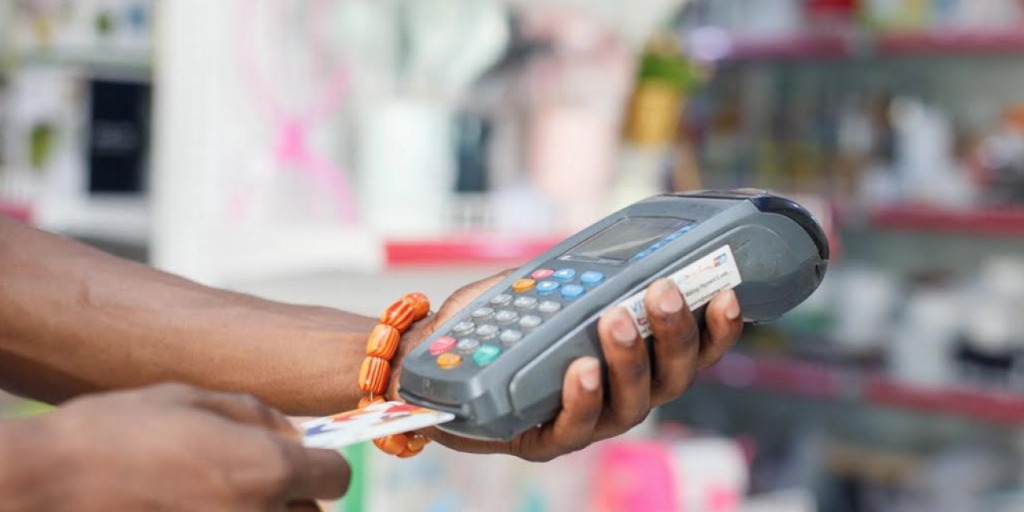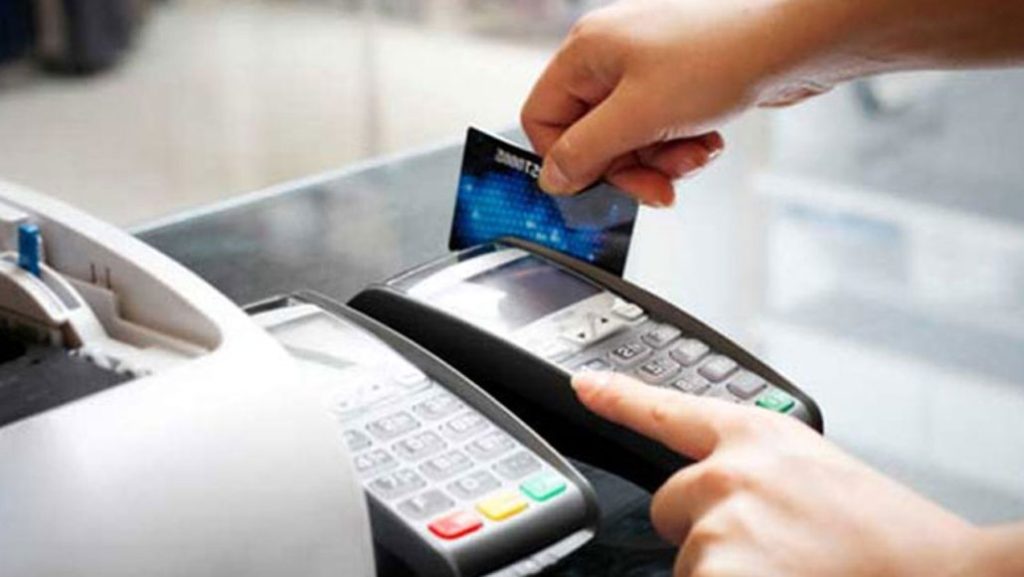FG Begins N50 Electronic Levy Deductions from Opay, Moniepoint, and Other Users

The Federal Government of Nigeria has officially begun the implementation of the N50 electronic levy on transactions made through various digital payment platforms, including Opay, Moniepoint, and other users of mobile wallets and online payment systems. This move, which was initially announced in the government’s 2024 fiscal policy, has been met with mixed reactions across the country. While the government argues that the levy is essential for boosting national revenue and improving financial inclusion, critics contend that it could place additional burdens on everyday Nigerians, particularly those in lower-income brackets.
1. The New Electronic Levy Policy
The electronic levy, which takes the form of a N50 charge on every transaction of N10,000 and above, aims to capture a portion of the vast, but largely untapped, digital payment sector. According to the Federal Ministry of Finance, the levy is part of the government’s broader strategy to increase tax compliance, streamline revenue generation, and broaden the nation’s tax base without burdening traditional sectors of the economy.
The levy applies to a wide range of electronic transactions, including payments made through mobile apps such as Opay, Moniepoint, and other similar services that facilitate mobile wallet transactions, peer-to-peer transfers, and online shopping. The implementation of this policy comes amid the continued growth of Nigeria’s digital economy, with millions of people increasingly relying on mobile payment solutions for daily transactions.
2. Government’s Rationale for the Levy
The Federal Government has justified the N50 electronic levy as an essential tool for boosting the country’s tax revenue. With a growing number of Nigerians using mobile payment platforms, the government believes that digital transactions represent a significant source of untapped revenue. By imposing a small fee on these transactions, the government expects to generate billions of Naira annually, which will be used to fund critical infrastructure projects, improve public services, and support economic development.
The government also claims that the electronic levy is a step toward formalizing Nigeria’s digital economy. By imposing the levy, authorities hope to create a more transparent system that will encourage increased financial inclusion and provide more opportunities for businesses operating in the digital space. The government has pointed to the success of similar levies in other countries as a model for expanding tax collection without adversely affecting the broader economy.
3. How the Levy Works
The N50 charge applies to electronic transactions of N10,000 or more. For users of platforms such as Opay, Moniepoint, and other digital wallets, every transaction above this threshold will automatically incur the fee. The deduction will be made at the point of transaction, meaning users will see the N50 taken off their total amount before the transaction is completed.
For example, if a user transfers N12,000 using any of the eligible platforms, they will pay N12,050, with the N50 being deducted directly by the service provider. The fee is automatically applied and collected by the service providers, who are then responsible for remitting the funds to the government.
4. Industry Reactions and Concerns
The introduction of the electronic levy has generated mixed reactions from businesses and consumers alike. Digital payment providers like Opay and Moniepoint have expressed concerns about the potential negative impact of the levy on their customer base. These platforms have warned that the N50 charge could discourage some users, particularly those making small, frequent transactions, from using their services.
In particular, the fee could be a deterrent for low-income Nigerians who rely on mobile payment solutions for day-to-day transactions. Many users, especially in rural areas, have voiced concerns that this additional cost could further strain their already limited financial resources. Critics argue that while the levy may seem small, it could disproportionately affect the poor, who are more likely to engage in smaller, more frequent transactions.
Furthermore, some financial experts have raised concerns about the effectiveness of the levy in fostering long-term financial inclusion. While the initiative could potentially raise additional revenue for the government, it could also lead to increased costs for businesses operating in the digital space, especially startups and small businesses that rely heavily on digital payments.
5. Government’s Response to Concerns
In response to these concerns, the Federal Government has emphasized that the N50 levy is a necessary step toward expanding Nigeria’s tax base and supporting national development. Officials have pointed out that the levy is targeted at high-volume transactions, and the amount of N50 per transaction is minimal when compared to the benefits of increased infrastructure funding and public services.
The government has also assured digital payment providers that the implementation of the levy will be monitored closely to ensure fairness and transparency. Officials have stated that they are committed to reviewing the policy periodically to ensure that it does not disproportionately affect small businesses or low-income Nigerians.
Additionally, the government has pledged to use the revenue generated from the levy to improve digital infrastructure and support the development of the country’s growing fintech ecosystem. The aim is to ensure that the levy contributes to Nigeria’s broader economic goals, including the creation of jobs, improved access to financial services, and better economic opportunities for all citizens.
6. Implications for Financial Inclusion
One of the key objectives of the N50 electronic levy is to foster greater financial inclusion. Nigeria has made significant strides in expanding access to banking and financial services in recent years, with mobile payment solutions playing a crucial role. However, challenges remain in ensuring that all Nigerians, particularly those in rural areas or with limited access to traditional banking, can participate in the formal economy.
The government believes that the introduction of the levy will help formalize the digital economy, encouraging more individuals and businesses to use legitimate financial channels for transactions. In the long term, this could lead to greater integration of Nigeria’s informal economy into the formal sector, making it easier for people to access credit, savings products, and insurance services.
The implementation of the N50 electronic levy by the Federal Government marks a significant step in the evolution of Nigeria’s digital economy. While the levy is designed to boost government revenue and support national development, it has sparked concerns about its potential impact on low-income Nigerians and small businesses. As the government moves forward with the policy, it will need to carefully monitor its effects and address any unintended consequences to ensure that the levy achieves its intended goals without exacerbating existing economic inequalities.





Responses